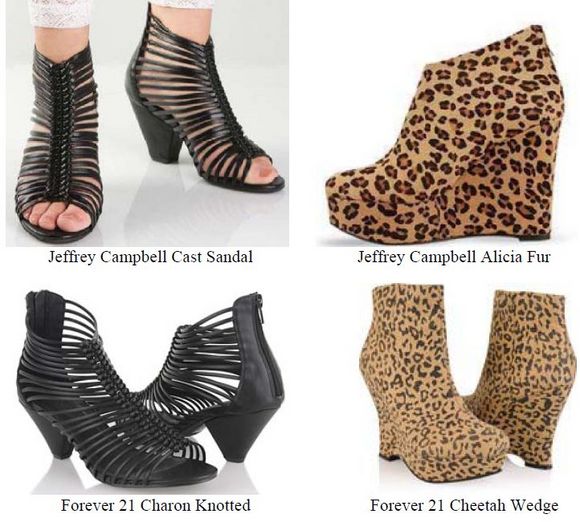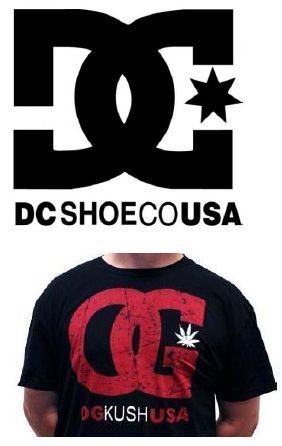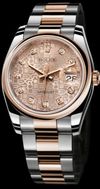 Spearmint Rhino provides adult entertainment services, namely, it owns a large number of strip joints. In its sanitized complaint, however, “Rhino’s principal business is the development and licensing of its trademarks and the maintenance of control of the quality of goods and services offered in connection with Rhino’s marks.” As a side note, Rhino probably receives numerous applications for the position of quality control supervisor, but I digress.
Spearmint Rhino provides adult entertainment services, namely, it owns a large number of strip joints. In its sanitized complaint, however, “Rhino’s principal business is the development and licensing of its trademarks and the maintenance of control of the quality of goods and services offered in connection with Rhino’s marks.” As a side note, Rhino probably receives numerous applications for the position of quality control supervisor, but I digress.
Rhino owns several federally registered trademarks for its Rhino Outline logo, here, here, and here, that were filed on February 3, 2006. Thus, Rhino contends that its “registrations give it and its authorized licensees priority throughout the United States over any use in commerce of the Rhino Outline marks that had not commenced by February 3, 2006.”
Although the registrations cover goods and services in the adult entertainment industry, e.g. cabarets and “panties, g-strings, brassieres and corsets for semi-nude and erotic dancers,” Rhino sued Chiappa Firearms for allegedly using a confusingly similar Rhino design on its handguns: “Chiappa’s use of the Rhino Outline marks is likely to cause confusion, or to cause mistake, or to deceive because, among other reasons, consumers are likely to believe that there is an affiliation, connection, or association between” Rhino and Chiappa. Seriously? Maybe I’m a bit daft, but will consumers really confuse panties and guns?
 Los Angeles Intellectual Property Trademark Attorney Blog
Los Angeles Intellectual Property Trademark Attorney Blog







 Los Angeles, CA – Speck Products manufactures carrying cases for electronic devices, including the iPad, iPhone, iPod, and Blackberry. The products are sold bearing the Speck® or Candyshell® trademarks. Last week, Speck filed numerous trademark infringement and unfair competition lawsuits against numerous eBay sellers alleging sales of counterfeit electronic device cases. Plaintiff alleges that “Defendants use images and names confusingly similar or identical to Plaintiff’s Marks to confuse consumer and aid in the promotion and sales of its unauthorized and counterfeit product.”
Los Angeles, CA – Speck Products manufactures carrying cases for electronic devices, including the iPad, iPhone, iPod, and Blackberry. The products are sold bearing the Speck® or Candyshell® trademarks. Last week, Speck filed numerous trademark infringement and unfair competition lawsuits against numerous eBay sellers alleging sales of counterfeit electronic device cases. Plaintiff alleges that “Defendants use images and names confusingly similar or identical to Plaintiff’s Marks to confuse consumer and aid in the promotion and sales of its unauthorized and counterfeit product.” 

